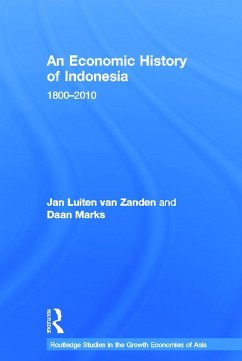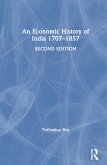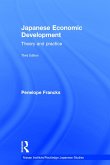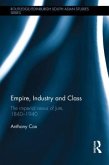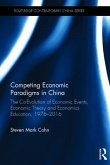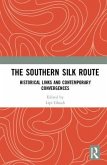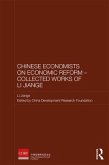This new economic history of Indonesia analyzes in detail the long term development path of this, in terms of population size, fourth country of the world. Based on large new datasets, it analyses the causes of stagnation and growth during the colonial and independence period, making use of new theoretical insights from institutional economics and new growth theory. It deals with all the major themes of Indonesian history: colonial exploitation and the successes and limitations of the post 1900 welfare policies, the price of instability after 1945, and the economic miracle after 1967. The story about economic success and failure it embedded in an analysis of the changing political economy of the country, in both the period of colonial rule and the years of Independence after 1945. The book not only discusses economic change and development or the lack thereof but also the institutional and socio-political structures that were behind these changes. It also presents a lot of new data on the changing welfare of the Indonesian population, on income distribution, and on the functioning of markets for rice, credit and labour.
Based on new datasets, this book presents an economic history of Indonesia. It analyses the causes of stagnation of growth during the colonial and independence period, making use of new theoretical insights from institutional economics and new growth theory.
Based on new datasets, this book presents an economic history of Indonesia. It analyses the causes of stagnation of growth during the colonial and independence period, making use of new theoretical insights from institutional economics and new growth theory.

